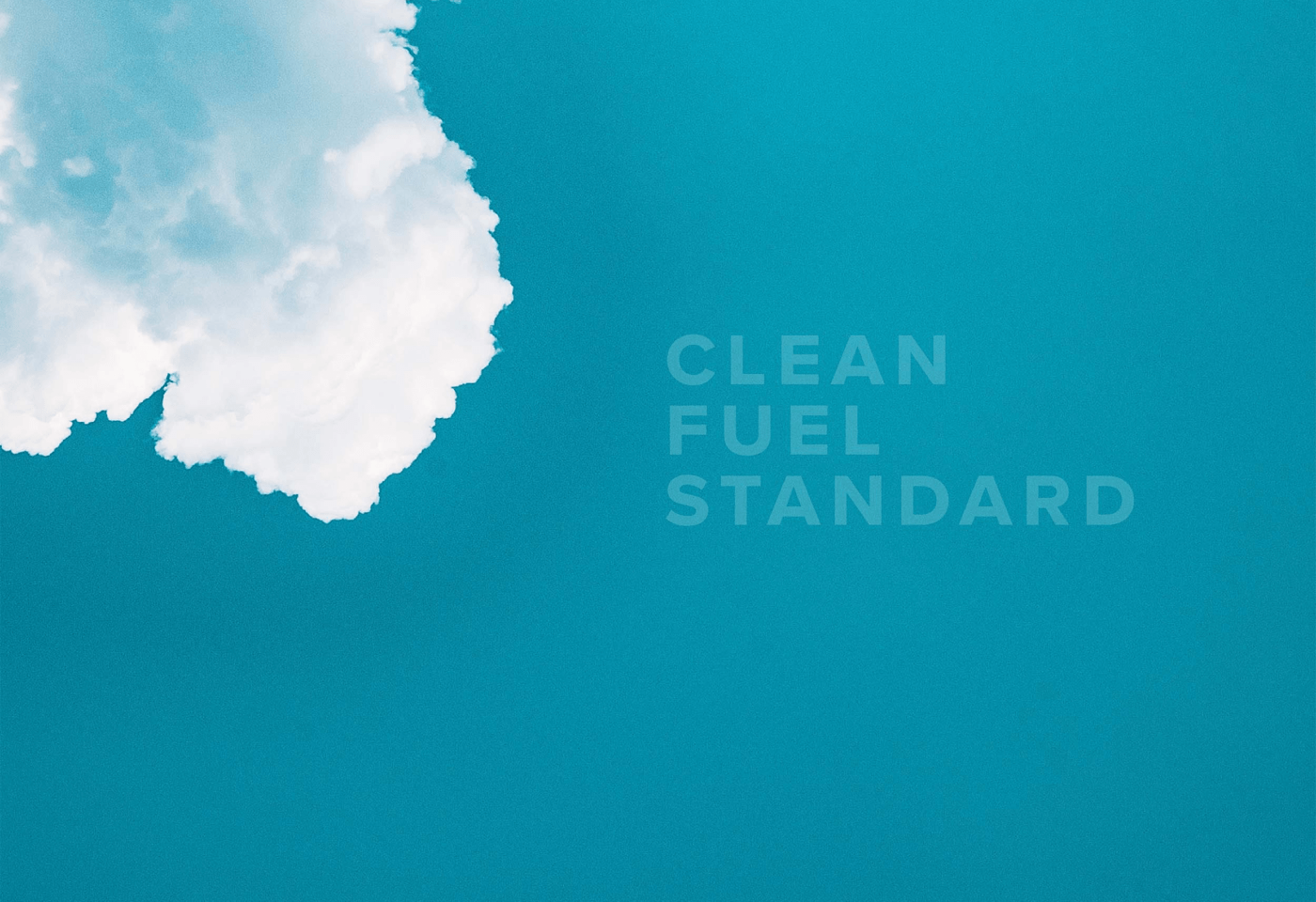By Jade McLean & Marla Orenstein
Published in the Hill Times
June 5, 2019
Soon, the federal government will be requiring that all fossil fuels consumed in Canada be less emissions intensive. And no, we’re not talking about the carbon tax. We are talking about the Clean Fuel Standard (CFS)—the government’s latest and potentially most ambitious climate policy yet.
The goal of the CFS is to strengthen Canada’s efforts towards achieving a 30 per cent reduction in total emissions from 2005 levels by 2030. Yet, this raises the question: isn’t that why we have a carbon tax?
Although both policies are intended to chip away at Canada’s overall emissions levels, they deploy different and complementary strategies to do that. While a carbon tax is intended to reduce the amount of fuel consumed by making it more expensive, the CFS is intended to make the fuel that is used less carbon intensive. One bird, two stones.
The development of the CFS has been in the works for more than two years; the details of the policy will be released in the coming weeks, with implementation starting in 2022.
In a nutshell, the CFS will require all suppliers (producers, importers, and distributors) of fossil fuels in Canada to reduce the carbon intensity (CI) of the fuel—that is, the amount of greenhouse gas emissions associated with producing and consuming the fuel.
In Canada, our fuels are currently regulated under the Renewable Fuel Regulation, which mandates that all gasoline and diesel contain a minimum biofuel content. But we know that biofuels have varied environmental records. In fact, some biofuels generate greater emissions over their lifecycle than some fossil fuels. The CFS partly avoids this issue by being technology-agnostic, meaning that CI reductions under the CFS can achieved in any way, and at any point in the lifecycle, from production through transportation to consumption. While biofuels are one option, so are electrification, increased energy efficiency, or switching to less energy-intensive hydrocarbons (e.g., from coal to natural gas). An additional benefit of broadening the policy beyond biofuels is that it may stimulate more innovative and less expensive approaches to reducing GHGs.
The experience of other jurisdictions suggests that the policy is likely to succeed in avoiding emissions—at least with respect to transportation. B.C., California, and the EU have had similar policies in place for transportation fuels (gasoline and diesel) since 2011, and in all cases, the CIs of fuels were successfully reduced. However, the CFS is wading into uncharted territory in that it will be the first policy of its kind to extend beyond transportation fuels to include building and industry fuels. While similar policies have succeeded in reducing carbon emissions for transportation, it will remain to be seen if similar outcomes will be realized in these other sectors.
We support the intentions of the CFS; reducing global GHG emissions is critical. At the same time, we have seen the federal government struggle to get Canadians onboard with other environmental legislation, such as the carbon tax and Bill C-69. Clearly, the best of intentions don’t necessarily translate to success in implementation.
Luckily, every struggle brings a lesson. There are several key lessons to be learned from these efforts. Critical considerations for the ultimate success of the CFS include:
• Involvement of the provinces. We’ve seen environmental policies founder when there is insufficient flexibility on how they are implemented across different provinces. The CFS necessarily interacts with other provincial legislation—whether the cap-and-trade system in Quebec, or B.C.’s own version of the CFS. Ensuring the CFS is responsive to different provincial contexts and Canada’s regional differences and is harmonized with legislation across 13 jurisdictions will not be easy. And to accomplish that, collaboration with the provinces and respect for their distinct challenges and policy approaches is critical.
• The CFS will create winners and losers—within and across sectors, within and across regions, and for the competitiveness of Canada in the global marketplace. How will the policy ensure that different groups aren’t unfairly impacted? How can the details avoid resentment and pushback?
• Regulatory burden. The implementation of the CFS will be complex, requiring substantial work on the part of both fuel suppliers and government agencies to demonstrate that compliance has been achieved. If the policy is to be successful, the administrative costs of the policy must not outweigh its benefits.
• A key question is what the CFS will cost. This is much more difficult to answer than for carbon tax, where the price is clear and is borne by the end consumer, and for which offset rebates are provided. Under the CFS, any costs will be borne by the fuel supplier. Whether those costs are low or high will depend on the cost of the approach that the supplier uses to implement the CI reduction. This may be high (for example, purchasing offsets at $180 per tonne) or low (if a technology is implemented that winds up saving the supplier money). In some cases, costs may be passed on to the end consumer, but the challenge is different for trade-exposed industries that have to compete with international imports. Ultimately, the costs of the CFS will be less visible to consumers than the carbon tax—and therefore perhaps more palatable politically—but the costs will still be present.
Many questions remain as to how this policy will play out among different sectors over time. The details provided by the federal government in June will help establish how successful—politically, economically, and environmentally—the policy is likely to be.
Jade McLean is a policy analyst and Marla Orenstein is director of the Natural Resources Centre at the Canada West Foundation
